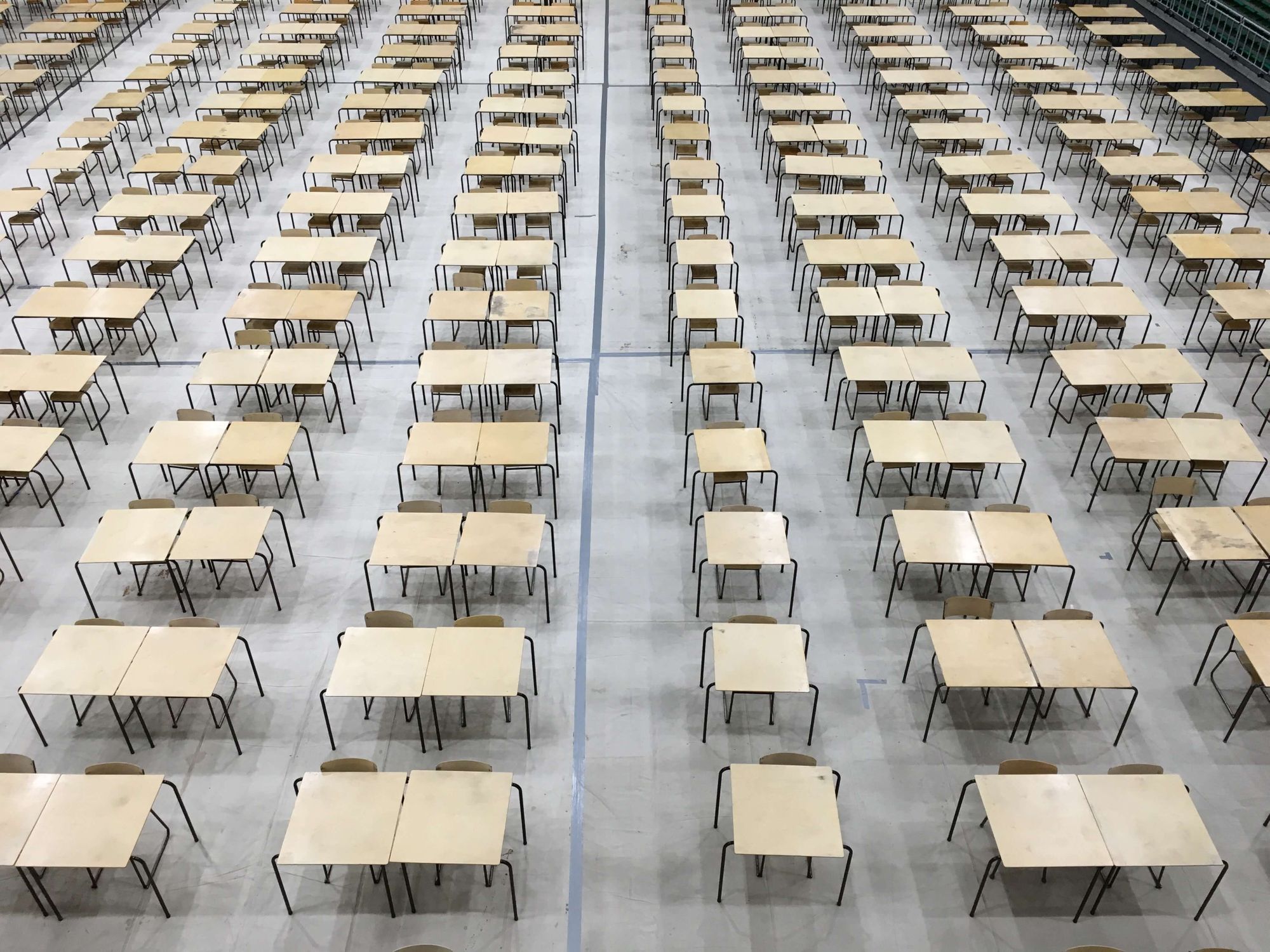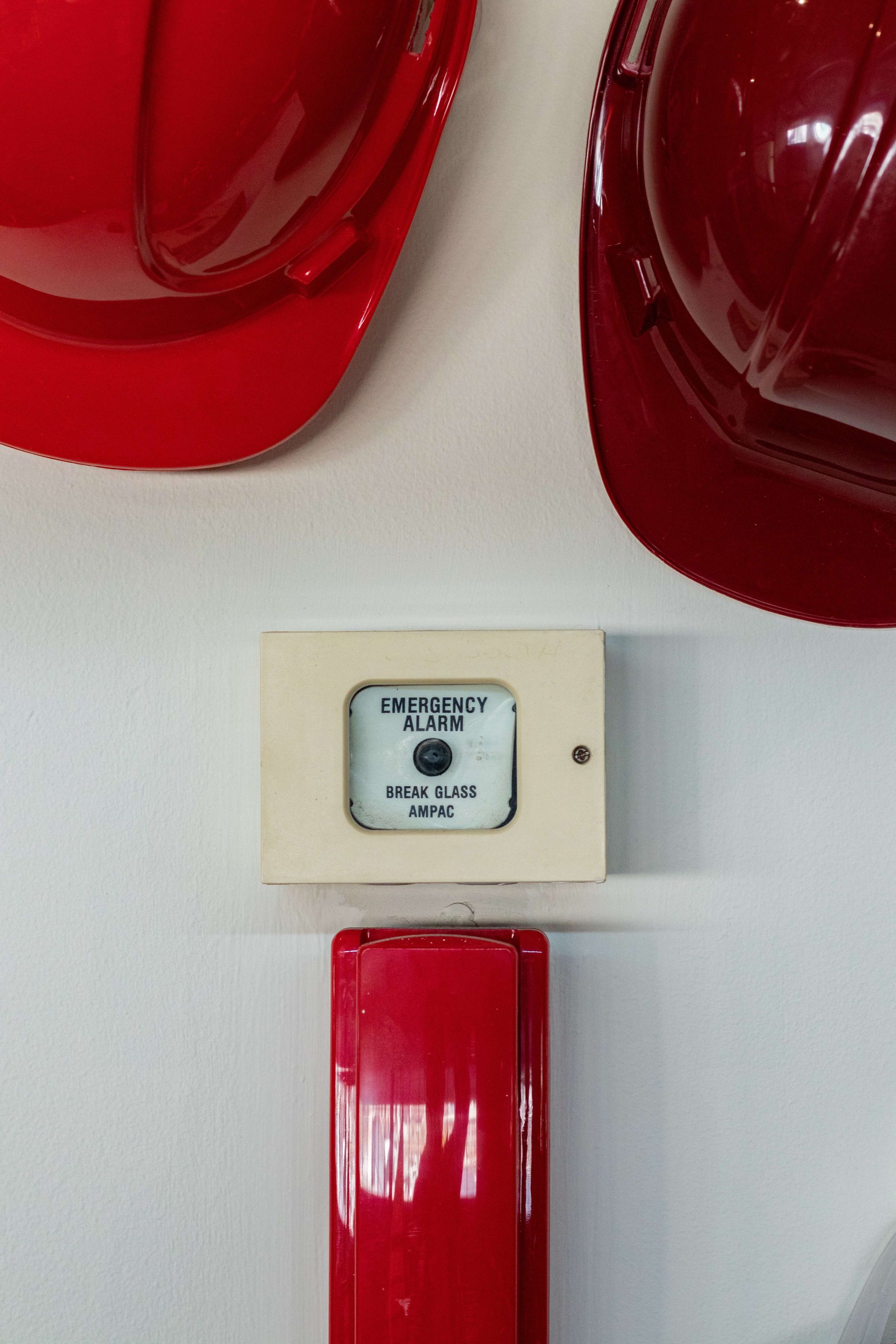In case of a global pandemic, break glass

Sam Hankin, Head of Computing at The Priory School in Hitchin, tells Phase how the school has adapted to home learning for students
Two weeks before Boris Johnson announced UK schools were to close indefinitely The Priory School had already begun to prepare for the worst-case scenario, along with pretty much every school across the country. We had performed the hypothetical version of breaking the glass and removing the action plan folder from the emergency cabinet, the only issue was that the binder was actually empty and there was no previous experience or any advice to work from. We were blindly working in the dark, based on an assumption that at some point the school would potentially close.

How could we continue to teach students the same way from home? The simple answer was - we couldn’t - but we could do the following:
1. Prepare the students right to give them the best opportunities to work from home
2. Communicate constantly, using a range of tools
3. Engage them in learning by giving work that used a range of learning styles
4. Feedback directly to students where possible
5. Praise the good practice and examples of excellent work publicly
Virtual Learning & Preparation
Early in March, we quickly surveyed all of the students to find out who could access the internet and had a device to work on. Many students had their own smartphone, but laptops or computers were not as common. We were in the lucky position of having access to five class sets of Chromebooks which we loaned to over 160 students and home-delivered to those already in isolation. The small number who didn’t have broadband access were given 4G dongles with data. We additionally provided each student with two blank exercise books, a pen and pencil. Our aim was to ensure all of our students were equally prepared to work from home. No one would be at a disadvantage.
Communication
From the first day of the school closure, we showed students that our consistent communication is key; each morning between 8.50 and 9.15 form tutors virtually connect with their form group and all classwork is logged using ShowMyHomework. We are also using other tools to set and receive work, including like emails, Google Classroom, Quizlet, and EdPuzzle.
Over the first two weeks, we found one of the most powerful tools for communicating was by video conferencing via Google Meet. This has enabled teachers to run optional additional lessons and Q&A sessions; form tutors to run ‘fun’ form times; and the pastoral team to check in with individuals or small groups of students. Safeguarded by recording the sessions and having a ‘two members of staff’ rule in place, students have appreciated being able to speak to and see their teachers and classmates. The use of Google Meet is a completely optional tool to all staff, but many have seen the positive potential especially around student wellbeing.
Engagement
We had to be realistic in our expectation of students. We needed to cater for a range of home learning and parenting environments and do our best to keep our students engaged. Our KS3 students have been on a rotation of subjects over three weeks and KS4 students were given a new daily timetable to help them deal with their workload.
This has ensured the quantity of work has been balanced, along with giving teachers the opportunity to create some new resources suited to be completed at home. For example, in Computing, we designed projects on virtual superheroes and researching the dangers of spam and fake news during COVID-19. Lots of other staff across the school have been adventurous in experimenting with and deploying a range of digital learning tools.
As well as the day-to-day virtual learning, The Priory School student and staff body, along with their families, performed live in their own homes their contribution to our charity single 'Mr. Blue Sky' during lockdown.
It's still not too late to make a donation to Phase and to NHS Charities Together!
Feedback
Students have really enjoyed receiving feedback on their work and we have found Google Classroom has been a popular choice, along with self-marking Google Forms, multiple choice quizzes, or watching videos through EdPuzzle which require students to answer questions as they watch a video.
After the first two weeks of virtual learning, we distributed a survey that asked students to honestly reflect on the quantity and quality of work they have been given. In this unprecedented time, it’s extremely valuable for students to have the opportunity to give feedback to us, about what we should do differently and what we’re doing well.
“Most teachers have been really positive and have given some lovely feedback and comments have made me want to keep going.” Year 7
“I like the fact that my form tutor is emailing my form every morning to make sure that we are all ok and she is setting things up such as video calls so that she can see us and ask us about how we are and what we are doing.” Year 9
“I have found the Google Meets really helpful and beneficial to my learning, as well as the amount of contact that the school has given me.” Year 10
“I think you have done well keeping in contact with students and helping us with work if we are struggling and marking our work really quickly and giving it back with advice on how to improve next time.” Year 11
Praise
We’ve been so #PrioryProud of all our students showing their resilience to the challenge of these new experiences. Every day we use our Twitter account (@TPS_Hitchin) to share examples of excellent work that has been produced by four different students, as a regular celebration of positive news for students, staff and the wider community.
We publish a weekly internal newsletter for all year groups celebrating the amazing work students are producing. For some of their outstanding work, students have been awarded Head Teacher Commendations and Amazon vouchers!
Life has changed dramatically over the last three months and who knows what the future will look like, but we need to work together and stay positive and focus on the silver lining. Where our students are changing and adapting like nothing we have ever seen before, we owe them this praise.
Never miss a Phase blog post - subscribe here
